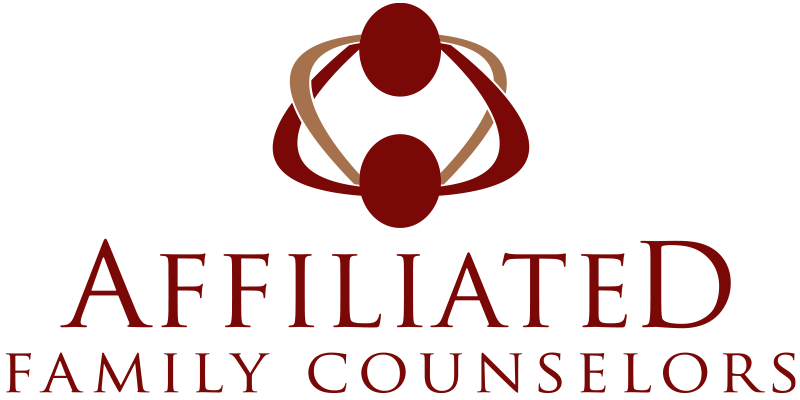Our Frequently Asked Questions for Mental Health Therapy
What is NeuroStar TMS Therapy?
NeuroStar TMS Therapy® is used to reduce the symptoms of medication resistant major depressive disorder. NeuroStar TMS Therapy has been shown to be safe and effective in the treatment of adult patients with depression who have failed to receive satisfactory improvement from 4 prior antidepressant medications in the current episode. LEARN MORE ABOUT NEUROSTAR THERAPY >
What is EMDR?
EMDR is a psychotherapy used to treat troubling symptoms such as anxiety, guilt, anger, depression, panic, sleep disturbance, and flashbacks that are the result of traumatic experiences. Traditional therapies have met with limited success in treating victims of trauma. Not only has EMDR therapy been proven effective in reducing the chronic symptoms that follow trauma, the therapy benefits appear to be permanent. To date, it has helped an estimated half million people of all ages receive relief from many different kinds of psychological distress. EMDR stands for Eye Movement Desensitization Reprocessing. The beneficial effects of EMDR are facilitated by an alternating stimulation of the right and left hemispheres of the brain. Eye movement accomplishes this stimulation, as do bilateral alternating taps or tones. EMDR also has the ability to shorten the time needed for therapy. For additional information, see www.emdr.com.
What is Alcoholism/Substance Addiction?
Addiction is a disease that includes the following four symptoms:
- Craving—A strong need, or urge, to drink or use.
- Loss of control – Not being able to stop drinking/using.
- Physical dependence—Withdrawal symptoms, such as nausea, sweating, shakiness, and anxiety after stopping drinking/using.
- Tolerance—The need for greater amounts of alcohol/drugs to get “high.”
Can alcoholism/substance abuse be treated?
Yes, alcoholism/substance abuse can be treated. Most alcoholics/addicts need help to recover from their disease. With support and treatment, many people are able to stop drinking/using and rebuild their lives.
Does alcoholism/substance abuse treatment work?
Alcoholism/substance abuse treatment works for many people. But just like any chronic disease, there are varying levels of success when it comes to treatment.
Does it do me any good to see a therapist if my spouse/child won't stop drinking/using or says that their drinking/using is only a problem for me?
Yes. Therapy is a good way to sort out your feelings and discover the truth. Many people with an addiction find it difficult to look at their addiction as a problem. It is also important to remember that you are not alone. Support groups offered in most communities include Al-Anon, Alateen, Nar-Anon, etc. These groups help family members understand that they are not responsible for an alcoholic’s drinking or an addict’s using and that they need to take steps to take care of themselves, regardless of whether the addicted family member chooses to get help.
Can I become addicted to things other than alcohol or drugs?
Yes, behaviors such as work, sex, exercise, gambling, and Internet use can be a part of a healthy lifestyle. However, they can be addictions when the following symptoms occur:
- Craving—A strong need or urge for the behavior
- Loss of control—not being able to stop the behavior
- Dependence—Withdrawal symptoms, such as nausea, sweating, shakiness, and anxiety about having to stop the behavior.
How can therapy or counseling help?
Talk therapy (also known as psychotherapy or counseling) can be an important part of treatment for depression, bipolar disorder, or other mood disorders. A therapist can help you cope with feelings, problem-solve, and change behavior patterns that may contribute to your symptoms.
An awesome benefit of therapy is that it not only helps you understand yourself better, but it also helps you understand other people and their behaviors. When we hold in negative thoughts without processing them, these thoughts become ingrained so that we see the world through those lenses—and we make lots of assumptions about others that may or may not be true.
Does insurance cover therapy?
Most insurances cover therapy or counseling sessions. It is best to contact your insurance company to make sure mental health is part of your plan. Some insurance plans do not cover family counseling.
Most plans charge you as the client a deductible amount or co-payment. The deductible and out-of-pocket maximums are used for both your medical and counseling sessions. Once you meet your out-of-pocket amount, the insurance will pay in full for the therapy.
Will insurance cover TMS treatments for depression?
Most commercial insurances cover the TMS services. The insurance requires us to get an authorization for the treatments. Insurance companies will base this authorization on your past medication and counseling treatment history.
